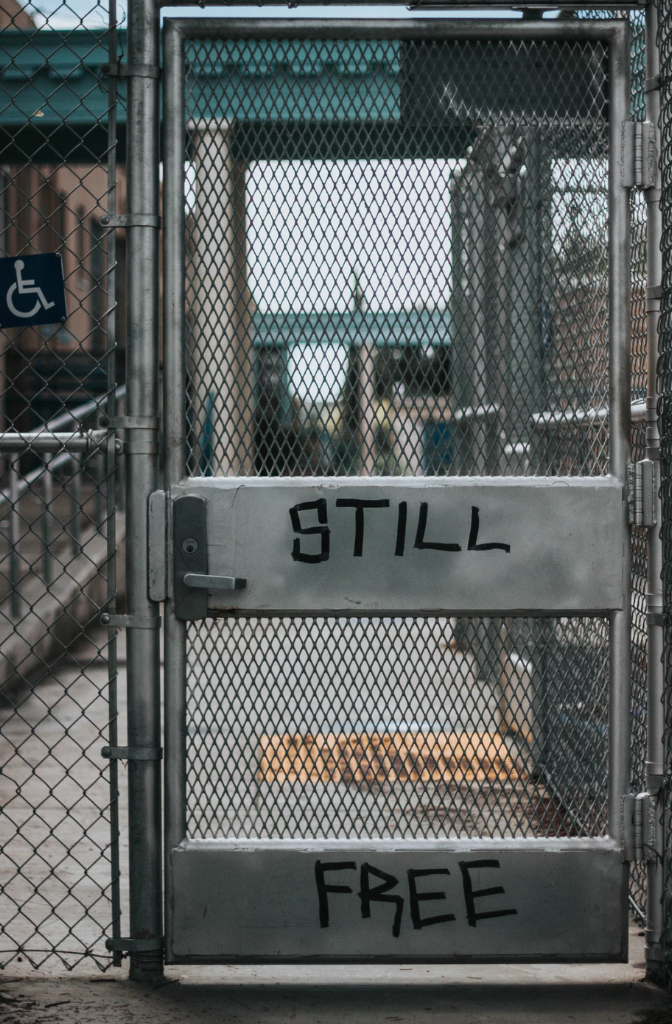As most know, Proposition 64 offered conviction relief for many cannabis offenses. Proposition 64 reduced or eliminated criminal penalties for cannabis cultivation, sales, possession with intent to sell, possession, and transportation. And, this change in law was retroactive, meaning people with old convictions could have felonies redesignated as misdemeanors for all purposes, misdemeanors designated as infractions, etcetera. However, immediately following the passage, relatively few of the eligible people in California sought relief from the court. The main reason appeared to be the hurdle required for relief: filing a petition with the court in which the conviction occurred. However, with the passage of Rob Bonta’s Assembly Bill 1793 and a stroke of the governor’s pen, Proposition 64 relief will now occur without any extra effort by most eligible for relief.
Thanks to AB 1793, those convicted of cannabis offenses no longer have to file a petition with the court to receive relief under Proposition 64. Instead, the legal system will create and process petitions for all those eligible for relief. By July 1, 2019, the California Department of Justice is supposed to review the state’s criminal history database for possibly eligible convictions. The DOJ is to then notify local district attorney offices of all convictions that the DOJ has flagged as eligible for relief. By no later than July 1, 2020, local district attorney offices must inform the local court and public defender’s office if they plan to challenge the eligibility of any conviction, or if they agree that the defendant is eligible for relief under Proposition 64. If a prosecutor does not challenge an eligible conviction, the court will grant the appropriate relief by July 1, 2020, and notify the DOJ to update its database. If a prosecutor plans to challenge a conviction, the local public defender’s office will try to notify the defendant involved in the case, presumably before a court hearing to determine if the conviction is eligible for relief.
Though AB 1793 is wonderful news, defendants with eligible cannabis convictions may well still want to file a petition with the court for relief. One reason is that they will likely receive relief more quickly. The process set forth in AB 1793 will take a couple of years. Defendants may also want to be sure that their conviction does not fall through the cracks, especially those with old convictions from before many counties had computerized records.
To review, Proposition 64 redesignated the following offenses from felonies to misdemeanors, in many cases:
Health and Safety Code section 11358 – Cultivation
Health and Safety Code section 11359 – Possession with Intent to Sell
Health and Safety Code section 11360 – Transportation, Processing, and Sale
Proposition 64 also affected Health and Safety Code section 11357, redesignating possession of marijuana as legal or an infraction in many cases.
Another marvelous aspect of the relief under Proposition 64 is that those with other convictions remain eligible for relief. Unless the underlying offense involved selling to or employing someone under age 21, or the defendant has been convicted of an offense requiring registration as a sex offender under Penal Code section 290 or of a super strike conviction such as rape, attempted murder, or murder, he or she can likely seek relief for cannabis felony conviction. In simpler English, if you have a felony or misdemeanor for cannabis in California state court, your odds of being eligible for relief are very, very high.
Proposition 64 offers many Californians with cannabis convictions a chance to wipe the slate clean, or at least a lot cleaner. Thanks to AB 1793, many more will receive this relief without having to revisit the court where their conviction occurred.
If you or someone you know may be eligible for a reduction under prop 64, call us today.
Disclaimer: This article has been prepared and published for informational purposes only and is not offered, nor should be construed, as legal advice.

